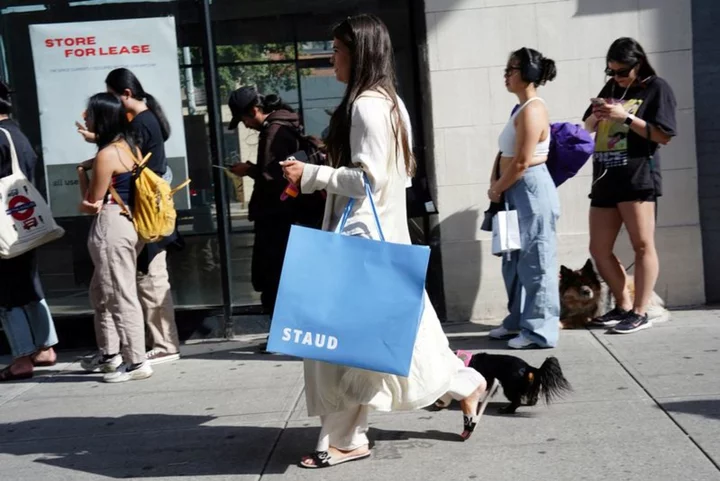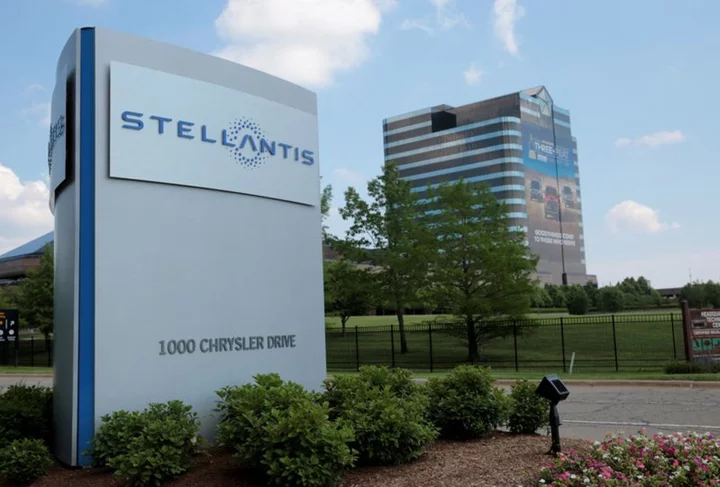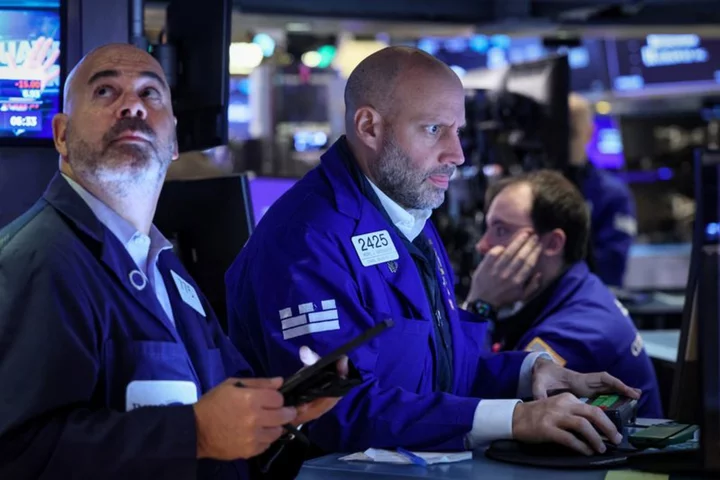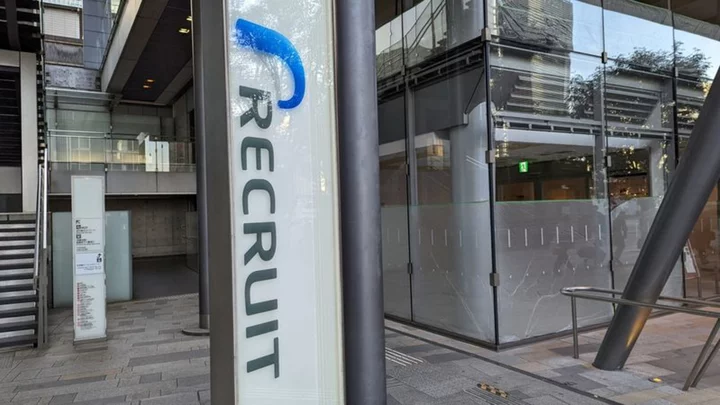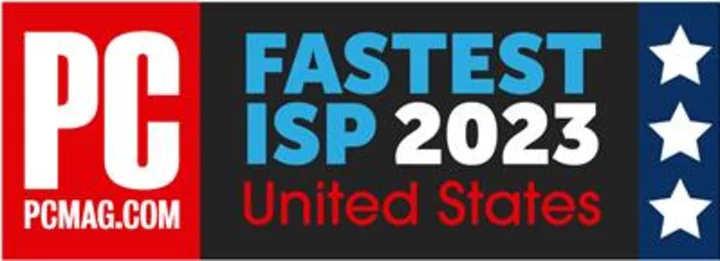WASHINGTON U.S. consumer spending increased more than expected in September, keeping it on a higher growth path heading into the fourth quarter, while monthly inflation was elevated.
Consumer spending, which accounts for more than two-thirds of U.S. economic activity, surged 0.7% last month, the Commerce Department's Bureau of Economic Analysis reported on Friday. Data for August was unrevised to show spending rising 0.4%.
Economists polled by Reuters had forecast spending gaining 0.5%. The data was included in the advance gross domestic product report for the third quarter published on Thursday, which showed consumer spending accelerating sharply, contributing to the fastest pace of economic growth in nearly two years.
While the robust rate of growth in consumer spending is likely unsustainable, the strong hand-off from the last quarter bodes well for spending in the fourth quarter amid growing challenges. Consumer spending is being driven by solid wage growth from a tight labor market, as well as households drawing down on excess savings accumulated during the COVID-19 pandemic.
But the resumption of student loan repayments in October by millions of Americans could pressure household budgets and sap momentum. Low income household are believed to have exhausted their excess savings and some are relying on debt to fund purchases, made expensive by higher borrowing costs.
Though credit card balances are rising, most economists do not believe they are at levels that could cause alarm, and argue that the labor market remains the key factor for spending.
The personal consumption expenditures (PCE) price index gained 0.4% in September after increasing by the same margin in August. In the 12 months through September, the PCE price index advanced 3.4%, matching August's rise.
Excluding the volatile food and energy components, the PCE price index climbed 0.3%, after increasing 0.1% in the prior month. The so-called core PCE price index rose 3.7% on a year-on-year basis in September. That was the smallest gain in more than two years and followed a 3.8% increase in August.
The U.S. central bank tracks the PCE price indexes for its 2% inflation target. The Fed is expected to leave interest rates unchanged next Wednesday following a recent surge in U.S. Treasury yields and stock market sell-off, which have tightened financial conditions.
Since March 2022, the central bank has raised its policy rate by 525 basis points to the current 5.25%-5.50% range.
(Reporting by Lucia Mutikani; Editing by Chizu Nomiyama)

